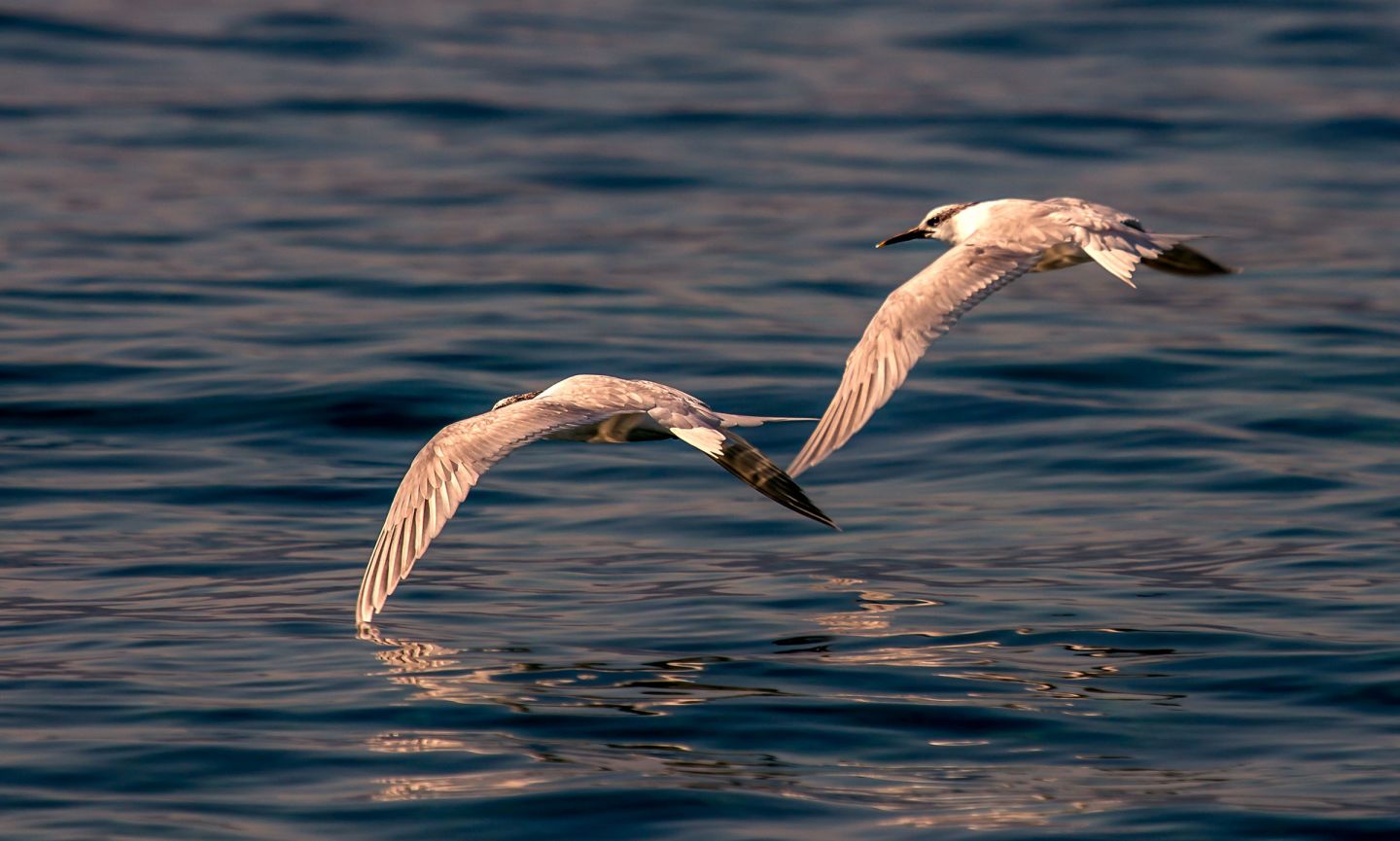An ecological network is a system of mutually connected or spatially close ecologically significant areas that substantially contribute to the conservation of natural balance and biodiversity with their balanced biogeographical distribution. The ecological network of the Republic of Croatia was established by the Regulation on the Ecological Network, adopted on 26 September 2013, and this marked the alignment of the sites protected under the former National Ecological Network with the sites of Natura 2000, the largest network of protected areas in Europe.
Significant areas are:
- areas that are biologically highly diverse or well preserved and of international significance according to the criteria of international treaties to which the Republic of Croatia is party
- areas that contribute considerably to the conservation of the biological and landscape diversity of the Republic of Croatia
- areas of habitat types threatened on a global, European or national scale
- habitats of wild taxa threatened on a global, European or national scale
- habitats of endemic taxa of the Republic of Croatia
- areas making a major contribution to the genetic interconnection of populations of biological species (ecological corridors)
- migratory routes of animals
- preserved forest communities.
Components of the ecological network are connected by natural or artificial ecological corridors. An ecological corridor is an ecological component or series of such components which enables the movement of populations of life organisms from one site to another. It is important to emphasise that actions that could lead to destruction or other considerable or permanent damage to an environmentally significant area are not allowed. The State Institute for Nature Protection of the Republic of Croatia keeps a cadastre of ecosystems and monitors the state and endangerment of habitats.
 EU Projects
EU Projects English
English





